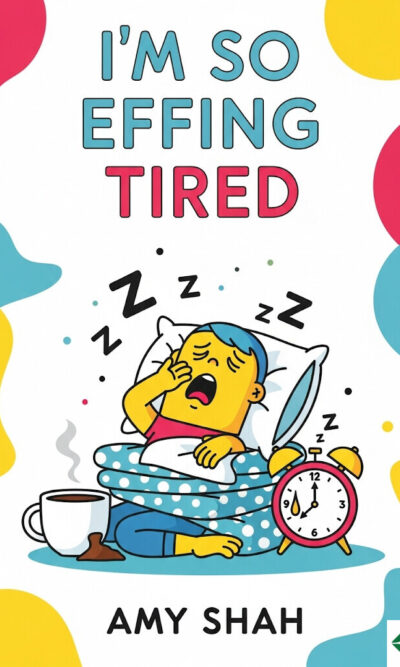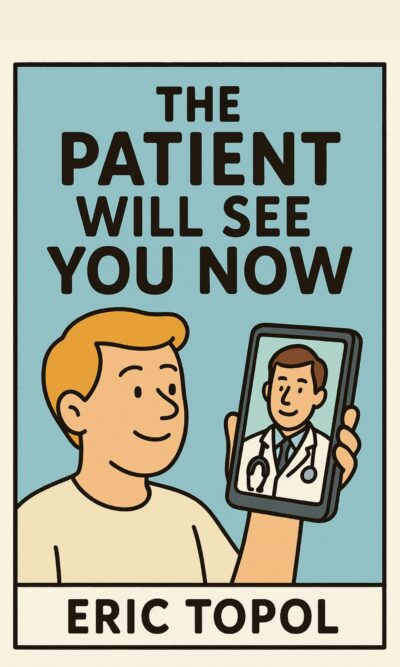Description
The book Why Women Have Better Sex Under Socialism makes a bold claim: women’s lives, happiness, and even intimacy improve when they live in societies that value equality and provide strong social support. While the idea may sound surprising at first, the author shows how social systems directly shape personal lives, relationships, and freedom of choice.
The starting point is simple. When women are economically dependent on men, they often have fewer choices in life. They may be pushed to stay in unsatisfying relationships, carry the heavy load of childcare without support, and miss out on career opportunities. Capitalism, especially in its modern neoliberal form, often leaves women carrying these burdens. On the other hand, when society shares responsibilities through healthcare, childcare, housing, and education, women gain independence and freedom. This independence doesn’t just affect money and careers—it also transforms love, sex, and relationships.
To understand the author’s argument, we first need to look at two different versions of socialism. One version, state socialism, was practiced in the former Soviet Union and Eastern Bloc countries. It was marked by one-party rule, limited freedoms, and economic planning by the state. The other version, democratic socialism, can be seen in Scandinavian countries like Sweden, Norway, and Denmark. These nations combine free elections with strong welfare systems that support people in education, health, and family life. The book does not defend the mistakes and abuses of authoritarian states, but it recognizes that some of their policies—especially regarding women’s equality—were surprisingly progressive. The main vision the author supports is democratic socialism, but with lessons learned from both systems.
Under state socialism, women were encouraged and expected to be part of the workforce. The state provided free education, healthcare, and childcare, making it easier for women to pursue careers in fields like science, medicine, and engineering. Women like Valentina Tereshkova, the first woman in space, symbolized this progress. A mother in East Germany, for example, could rely on subsidized housing, guaranteed employment, and free childcare. This allowed her to remain independent and not be forced to depend entirely on her husband’s income. In contrast, women in capitalist societies often had to quit work or scale back careers after childbirth, which made them more dependent on men.
In capitalist systems, women face something called “statistical discrimination.” Employers assume women are less dependable workers because they might leave for childbirth or family duties. As a result, women are offered lower pay from the start. This cycle pushes women into roles where their work is undervalued, which only reinforces stereotypes. Once lower pay becomes normal, it makes financial sense for women to step out of the workforce when a couple has children—again deepening dependence on men.
Motherhood also brings the “double burden.” Women return to work after giving birth but continue to handle most of the household and childcare responsibilities. Even when fathers help, mothers still carry the heavier load statistically. If the child gets sick, it’s usually the mother who leaves work. If the baby wakes at night, it’s usually the mother who loses sleep. This double duty burns women out and can lead to weaker job performance or quitting altogether. Employers then use this as more proof that women are “less reliable,” feeding the cycle of discrimination.
Another major challenge is the “résumé gap.” In places without strong social policies, many women who stop working to raise children struggle to return to their careers. Employers see a gap in the résumé as a sign of unreliability, even though the reason is caregiving. As a result, returning mothers often accept lower pay or lower positions. To avoid this, some women continue working and pay for private childcare. But that can be so expensive that it eats up almost their entire paycheck. One professor in the U.S., for instance, worked full time but took home only 70 cents after paying for daycare. The alternative—leaving work—would have damaged her career. This is an unfair and impossible choice.
Neoliberalism makes these problems worse. In neoliberal societies, governments pull back from providing social services and leave people to the free market. That means no paid maternity leave, no subsidized childcare, and weaker labor protections. In such an environment, women face greater inequality. Their work is undervalued, their pay is lower, and they are more dependent on men. Without strong government intervention, discrimination persists. By contrast, some democratic socialist countries have passed laws that directly enforce equal pay or require women’s representation in leadership positions.
For example, Norway requires that large companies reserve at least 40 percent of board seats for women. As a result, nearly half of corporate board members are women. By comparison, countries without mandatory quotas, like Germany or the United States, have much lower female representation in leadership roles. This shows that leaving equality to the market or to voluntary action doesn’t work—government must step in.
Capitalism also benefits from unpaid care-work. By not paying for childcare, elder care, or support for the sick, the system relies on women to provide this labor for free. Children grow up to be future workers, yet raising them is treated as a private family responsibility, not as essential labor for society. The result is that millions of women provide enormous value to the system without recognition or pay.
This inequality also damages relationships. In societies where women earn less, do more unpaid labor, and depend economically on men, relationships are less equal. If a woman depends on her partner for money, she may feel trapped in an unhealthy relationship. She might not feel free to leave even if her partner is unkind, selfish, or abusive. This lack of equality and independence affects intimacy. A woman who feels powerless in a relationship is less likely to experience a fulfilling sex life.
The book points to a striking real-world example: East and West Germany before reunification. In East Germany, women had state support for childcare and greater economic independence. In West Germany, women were more likely to depend financially on men. Surveys in the 1980s found that East German women reported higher sexual satisfaction and more frequent orgasms than West German women. They also initiated more divorces, showing that they felt freer to leave unsatisfying relationships. East German men, aware that their wives could leave them, had more reason to be attentive and considerate.
The lesson is clear: when women are independent, supported, and equal, their romantic and sexual relationships improve. It’s not simply about sex—it’s about dignity, freedom, and equality shaping every part of life.
In the end, the book argues that true equality for women requires strong social systems that recognize care-work, support families, guarantee healthcare and education, and protect equal pay. Societies that provide these supports give women more power to shape their own lives. And when women are free and equal, everyone benefits—from workplaces to politics to the bedroom.





